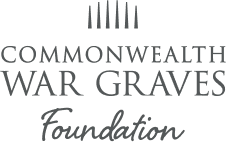05 April 2023
5 reasons why we tell the stories of the Commonwealth’s war dead
The Commonwealth War Graves Foundation is dedicated to telling the stories of the Commonwealth’s fallen of the World Wars. Here’s why.
Why our charity tells the Stories of the Commonwealth’s war dead
To honour their sacrifice
 Image: Noor Inayat-Khan: one of the many whose stories we aim to tell
Image: Noor Inayat-Khan: one of the many whose stories we aim to tell
Over one million men and women from the Commonwealth lost their lives during World War One. A further 660,000 were killed in World War One.
Many of these people were ordinary civilians who joined up to do their bit. Others may have been pressed or coerced into military service, depending on their location and situation.
Why or how they came to serve, the enormity of their courage and their ultimate sacrifice does not diminish.
To give your life in service of your country, whether that’s the UK, India, Australia, South Africa, Canada, or New Zealand, is something not to be taken lightly.
Take the story of Noor Inayat Khan as an example. The timid, shy young woman showed incredible bravery as a radio operator in occupied France. Her terrible ordeal at the hands of the Gestapo was awful but Noor’s courage never wavered.
At the Commonwealth War Graves Foundation, it’s our charity’s job to ensure the memories of these men and women are never forgotten. They gave their today for our futures and we must recognise that.
To educate future generations

Giving Brownies a tour of Runnymede Memorial. Connecting with younger generations is vitally important to us here at the Commonwealth War Graves Foundation.
Amongst the Commonwealth’s war dead, you’ll find men and women of all ages, colours, and creeds.
Many of them were young with their whole lives ahead of them. Everyone who is commemorated by Commonwealth War Graves had their own hopes, their own dreams, their own aspirations. They were people, not statistics.
Sharing their stories with today’s young people is at the core of our charity’s mission.
We want to remind people of how those who served in the two history-shaping World Wars played an important role in the world we live in today.
We do so by reaching out to schools, colleges, and universities via our volunteer speaker programme to spread the work of Commonwealth War Graves and share stories.
To embrace our shared history

Our history is the history of the Commonwealth.
The Commonwealth spans the globe.
While we’re focused on the UK at this time, at the Commonwealth War Graves Foundation, we recognise that the history of the World Wars is truly global.
The Commonwealth War Graves Commission commemorates men and women from all over the globe in the UK. In cemeteries and on memorials up and down the country, you’ll find casualties from each corner of the Commonwealth.
Keeping with Noor Inayat Khan, she is commemorated on the memorial panels of the Runnymede Memorial. Her name ranks alongside her fellow Indians, ANZACs, Canadians, Brits, South Africans, and many more nationalities.
All are equal in commemoration and part of our shared history.
It’s up to us to ensure that, wherever they came from, their stories are told, and their memories shared and help foster connections between the people of the Commonwealth.
To foster a community
 Image: Eyes On, Hands On volunteers hard at work scrubbing headstones with a brush and warm water
Image: Eyes On, Hands On volunteers hard at work scrubbing headstones with a brush and warm water
History enthusiasts can be found in every corner of the United Kingdom.
At the Commonwealth War Graves Foundation, we’re keen on fostering a community of like-minded history lovers who want to explore and embrace our shared heritage.
How? With our projects like Eyes On, Hands On, we’re linking together those who want to help us commemorate the memories of the war dead.
Eyes On, Hands On is one of our cornerstone projects. Volunteers across the country come together to help monitor and maintain headstones and war graves. Not only do they get an immense sense of pride in helping keep these graves neat and tidy, but they are also part of a close-knit band of history lovers.
As well as the practical work of reviewing, and if necessary cleaning and tidying war graves, our Eyes On, Hands On volunteers come together for social events and online chats. This has really helped us grow that community.
CWGF members also get to take part in Members’ Days with a visit to Commonwealth War Graves’ UK HQ to meet and mingle with us and their fellow Foundation supporters.
Want to be part of our community? Check out our volunteering options or consider becoming a member.
To ensure they are never forgotten
Ultimately, the Commonwealth War Graves Foundation’s goal is to ensure the men and women who fell in the World Wars are never forgotten.
Commonwealth War Graves is charged with caring for their cemeteries, memorials, and casualties in perpetuity. That’s something we take seriously, so their sacrifices are never taken for granted.
How can you support the Commonwealth War Graves Foundation?
There are many ways you can help us keep telling their stories.
Membership costs £36 a year. Not only will you be supporting our work, as a CWGF member, you’ll also receive:
- Early access to our brilliant events
- A yearly impact report detailing our projects so you can really measure the effects your donations and support have on our work
- Your quarterly subscription to the Foundation Chronicle: our magazine detailing events, more Foundation insights, and interesting snippets of World War history.
- A regular newsletter keeping you up to date with all the latest CWGF news
- A free CWGF calendar
Sound good? Head to our Membership page to sign up.
You can also support us by coming along to a CWGF event. We put on different events of different sizes across the year. Visit our Events page to see what’s coming up.
Don’t feel like becoming a member? Why not make a donation?
Your support means everything to us. Together, we can keep the memories of the Commonwealth’s war dead alive and keep telling their stories.

